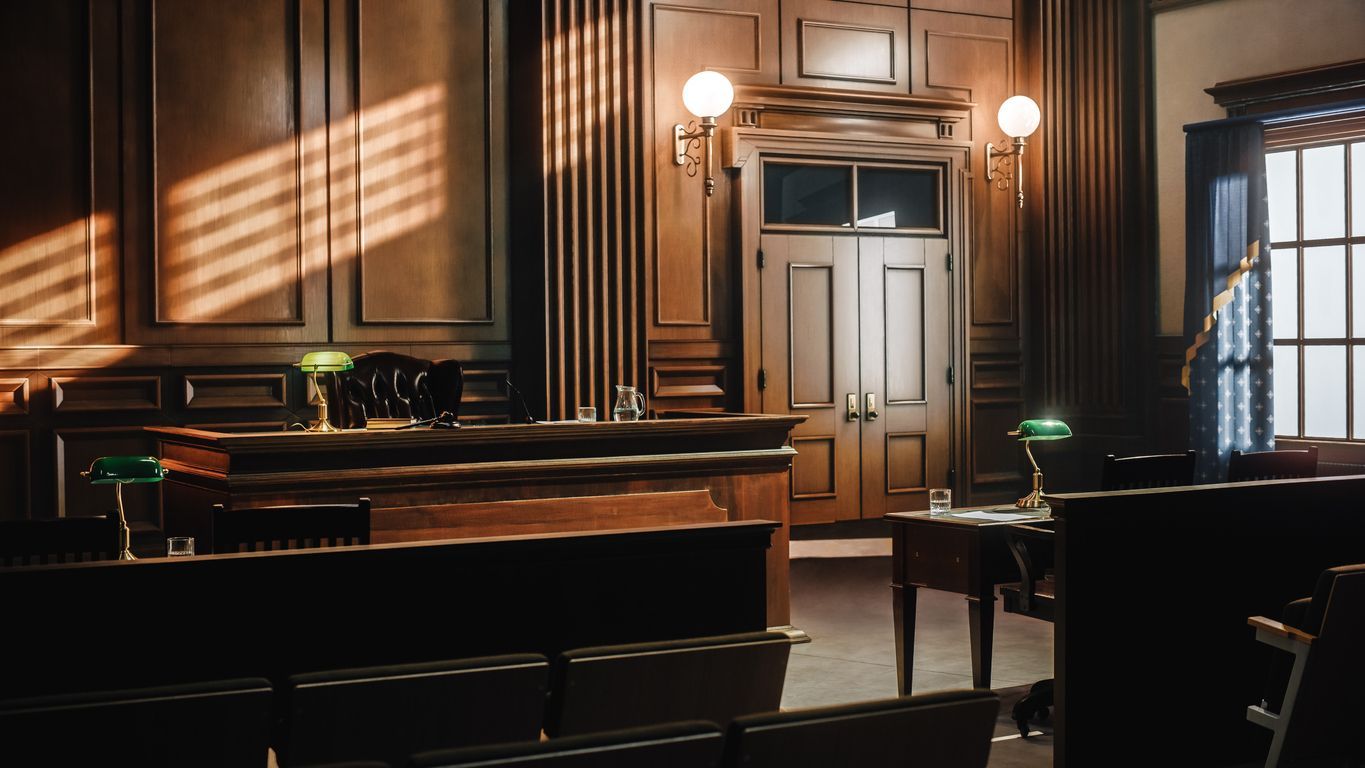Exploring Alternatives to Jail and Prison in Missouri: A Path Toward Rehabilitation
Finder Law Serves Clients Across Jefferson City, Columbia, and Central Missouri
In the Missouri criminal justice system, incarceration has long been the traditional response to criminal offenses. However, increasing awareness of the limitations and costs associated with jail and prison sentences has led courts, lawmakers, and advocates to explore alternative approaches that emphasize rehabilitation, reduce recidivism, and alleviate overcrowded facilities. This post explores some of the key alternatives to incarceration currently available or emerging in Missouri, providing valuable insight for defendants, attorneys, and concerned citizens.
Why Consider Alternatives to Incarceration?
Incarceration is costly—not only financially but socially. Missouri’s correctional facilities face overcrowding issues and high operational expenses. Moreover, time behind bars often disrupts employment, family stability, and mental health, sometimes exacerbating the very issues that contribute to criminal behavior. Alternatives to jail and prison aim to address these challenges by providing opportunities for offenders to receive treatment, maintain community ties, and contribute productively to society.
Common Alternatives to Jail and Prison in Missouri
1. Probation
Probation remains one of the most widely used alternatives to incarceration. It allows offenders to remain in the community under court supervision, subject to specific conditions such as regular check-ins with a probation officer, drug testing, community service, and attending counseling or educational programs. Probation can be granted in lieu of jail time for many misdemeanors and some non-violent felonies.
2. Diversion Programs
Missouri offers various diversion programs designed to steer eligible defendants away from formal prosecution and incarceration. Examples include drug courts and mental health courts, which focus on underlying issues contributing to criminal conduct. Successful completion of these programs may result in dismissal of charges or reduced penalties.
- Drug Courts: These specialized courts combine judicial supervision with substance abuse treatment and frequent drug testing.
- Mental Health Courts: These courts focus on offenders with mental illness, connecting them with treatment instead of incarceration.
3. Community Service
Courts may order offenders to complete community service hours as a way to repay their debt to society without serving jail time. This option is often used for less serious offenses and can be combined with probation or fines.
4. Electronic Monitoring and House Arrest
For some defendants, judges may impose house arrest monitored by electronic devices such as ankle bracelets. This allows individuals to remain in their homes while restricting movement and maintaining public safety.
5. Restorative Justice Programs
Restorative justice emphasizes repairing harm caused by criminal behavior through facilitated meetings between offenders, victims, and community members. Missouri has seen growth in these programs, which can include restitution agreements and community-based resolutions that avoid traditional incarceration.
Legislative and Policy Developments
Missouri lawmakers have increasingly focused on sentencing reform to expand alternatives to incarceration. For instance, efforts to reduce mandatory minimum sentences for certain non-violent offenses and increase funding for diversion programs reflect a shift toward more rehabilitative approaches.
Challenges and Considerations
While alternatives offer significant benefits, they are not without challenges. Successful implementation requires sufficient resources, trained personnel, and community support. Moreover, not all offenses or offenders are suitable for alternatives to incarceration, especially in cases involving violent crimes or public safety risks.
Conclusion
Alternatives to jail and prison in Missouri represent a critical evolution in the state’s approach to criminal justice—one that balances accountability with rehabilitation and community well-being. Defendants facing criminal charges, as well as their attorneys, should consider these alternatives when appropriate, as they often provide better long-term outcomes for individuals and society.
If you or someone you know is navigating the Missouri criminal justice system, consulting with an experienced criminal defense attorney can help identify available options and advocate for the best possible resolution.
Call Daniel Finder at Finder Law, LLC if you are facing criminal charges in mid-Missouri. He can discuss the details of your case and offer potential outcomes that could include alternatives to jail or prison. Having an experienced criminal defense attorney like Daniel Finder fighting for you could make all the difference.
This blog is for informational purposes only and does not constitute legal advice. For specific guidance, please contact our office directly.












